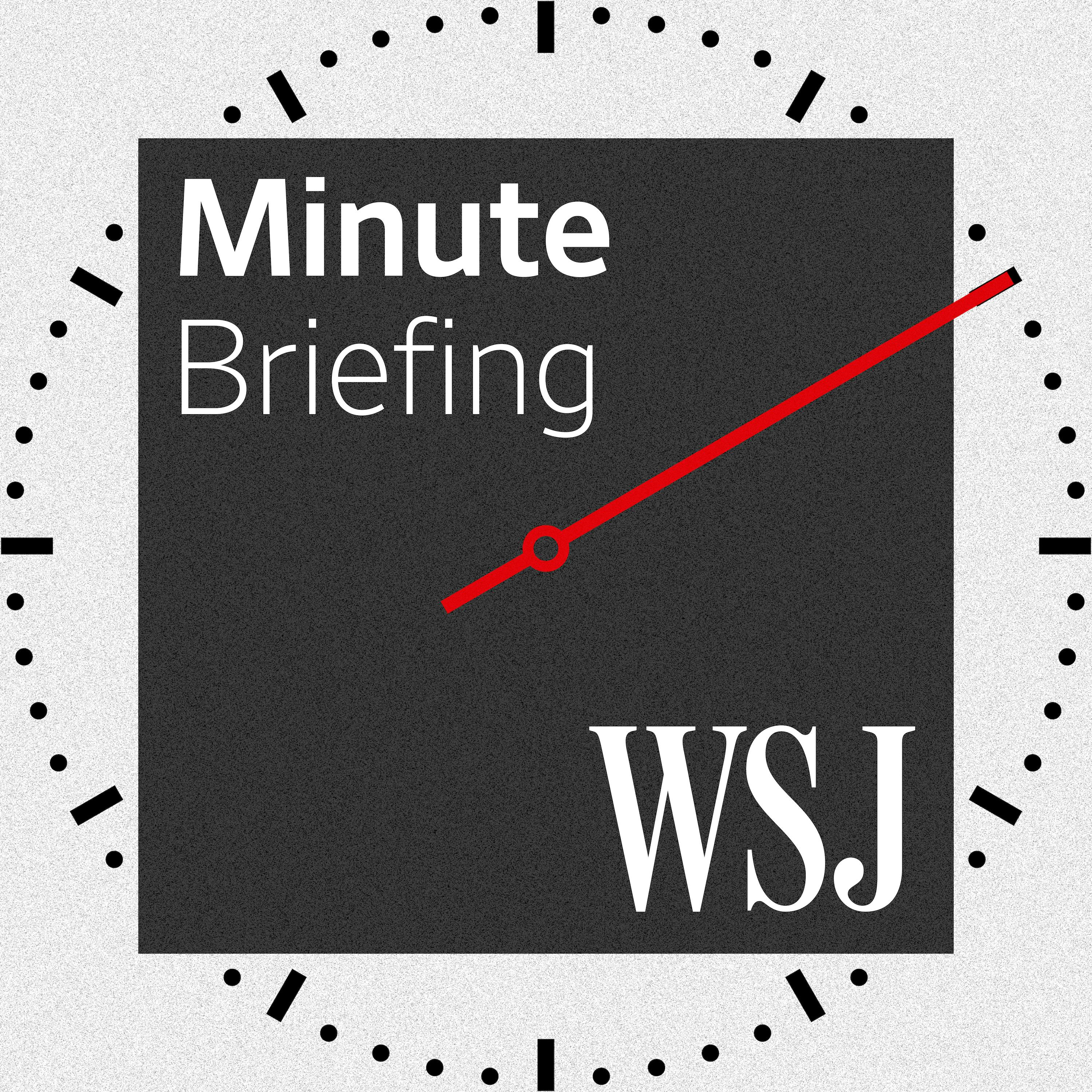
U.S. Home Sales in 2024 Dipped to Lowest Level in Nearly 30 Years

WSJ Minute Briefing
Deep Dive
Shownotes Transcript
In today's enterprise, how are CIOs creating more impact in the C-suite and with the board? What does it mean to be a blended executive? Learn more on the fourth episode of Tech Fluential, a podcast from Deloitte and custom content from WSJ. Here's your midday brief for Friday, January 24th. I'm Arianna Aspuru for The Wall Street Journal. U.S. existing home sales fell in 2024 to the lowest level in nearly 30 years.
The National Association of Realtors said today that higher mortgage rates and record home prices caused existing home sales to dip 0.7 percent in 2024 from the prior year. Last year, the Federal Reserve cut short-term rates three times, but mortgage rates have risen in recent months and topped 7 percent last week. The unaffordable housing market has frustrated buyers and sellers, as well as hurt mortgage lenders, real estate brokerages, and home goods stores.
News Corp., owner of the journal, also operates Realtor.com under license from NAR. Despite signs of recovery in the factory sector, U.S. economic activity expanded at a slower pace at the start of the year. The S&P Global Flash U.S. Composite PMI, which gauges activity in the manufacturing and services sectors, slipped to 52.4 in January from 55.4 in December, according to monthly surveys published today.
The decline was led by the service sector, but in contrast, the manufacturing sector showed increased activity for the first time in six months. And Meta CEO Mark Zuckerberg announced the company would increase its capital spending this year to between $60 billion and $65 billion. The 70% increase compared to 2024 is driven by artificial intelligence and a massive new data center.
This comes days after OpenAI and partners unveiled a $50 billion spending plan backed by President Trump called Stargate, led by the chat GPT maker and the global tech investor SoftBank Group. We'll have a lot more coverage of the day's news on the WSJ's What's News podcast. You can add it to your playlist on your smart speaker or listen and subscribe wherever you get your podcasts.